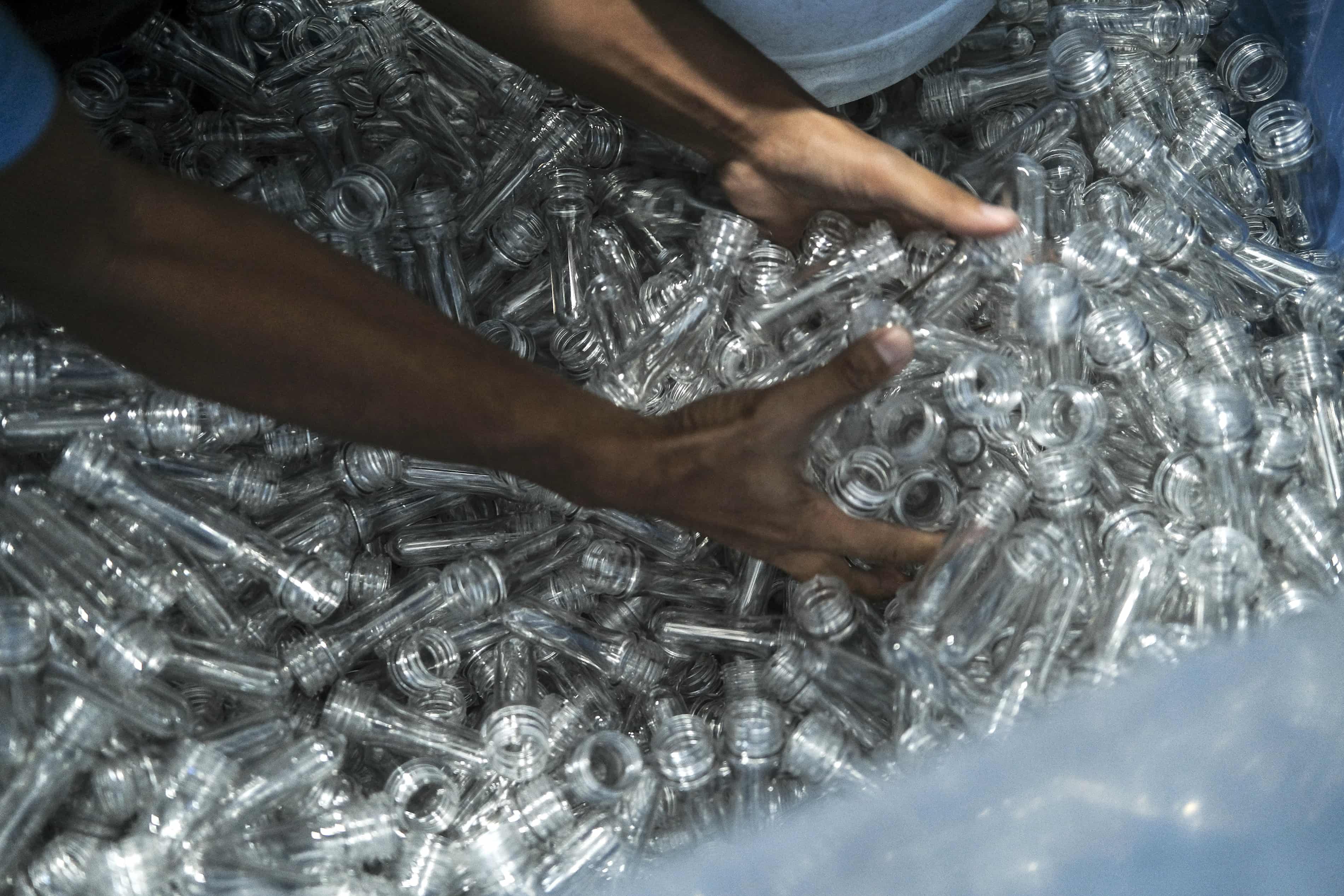
By the middle of the century, global emissions from plastic production could triple, an analysis has found.
The stunning new estimates from Lawrence Berkeley National Laboratory, published on Wednesday, provide yet more evidence that the plastic industry is “undermining the world’s efforts to address climate change”, said Heather McTeer Toney, executive director of the Bloomberg Philanthropies’ Beyond Petrochemicals campaign, which helped fund the new report.
The production of plastic, which is made from fossil fuels, is greenhouse gas-intensive. Coal, oil or gas must first be mined or extracted, and then those materials must be refined and processed in another emissions-heavy procedure. In some cases, other chemical compounds such as formaldehyde must also be produced, creating more pollution.
Petrochemicals are then “cracked” into plastic building blocks such as ethylene – the aspect of plastic production with the largest emissions toll. Additional emissions come from the process of polymerization – combining those building blocks to form larger molecules – and then shaping them into products, the report says.
Plastic creation generated 2.24 gigatonnes of planet-heating pollution in 2019. That year, it accounted for 5% of all global carbon emissions, 12% of the world’s oil demand and 8.5% of gas demand, the report found.
Those numbers are expected to increase dramatically, the report says, because the plastic industry is on an exponential growth trajectory, with production expected to double or even triple by 2050.
If production increases by 4% every year, doubling within a quarter of a century, planet-warming emissions could hit 6.78 gigatonnes by 2050.
Fully decarbonizing the power grid – a key focus of global climate plans – could limit this climate impact, yet would still leave the world on a perilous path. As much as 70% of the fossil fuel used in plastic creation comes from the raw materials used in production – not the electricity used in processing – the authors write.
As a result, even if the world achieves fully carbon-free electricity by 2050, plastic production would produce 5.13 gigatonnes of pollution in 2050 under a 4% annual growth scenario.